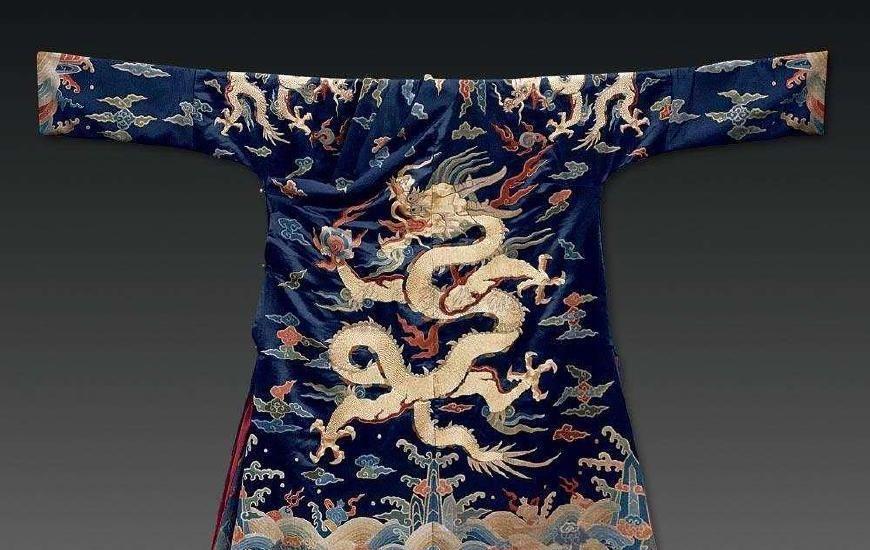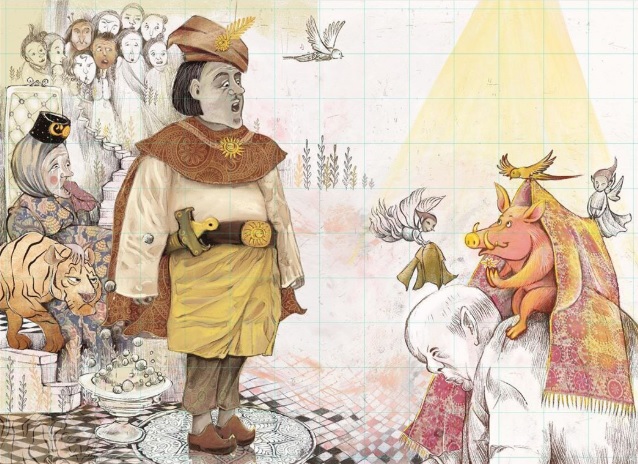Muzaffar pitis and Mansur-Mahmud transition

In 1445, Sri Parameswara Dewa Shah, wrote 1 to the Ming Court with a list of requests (regalia + state visit). a command paper 護國敕書 to cement his new throne a new four-claw dragon robe 2 蟒龍衣服 a new parasol 傘盖 a diplomatic trip or state visit 3 to Beijing 欲躬親來朝 a new ship 巨舟 to facilitate the travel from Melaka to China A four-claw dragon robe 蟒龍衣服 This list cast a rather skewed and embarrasing light on Sri Parameswara and his ability to rule. Indeed, we were told by Sejarah Melayu, after a short reign of 17 months, the weak king was killed in a coup d'état staged by his half-brother Raja Kassim and Raja Kassim's maternal uncle 4 , Tun Ali. The result: Raja Kassim was installed as Muzaffar. 5 Muzaffar tin pitis 6 (reverse) - Nasir al-Dunia wa al-Din (ناصر الدنيا والدين) - Defender of the Faith (الدين) and the World (الدنيا), written in Tughra style. Muzaff...
